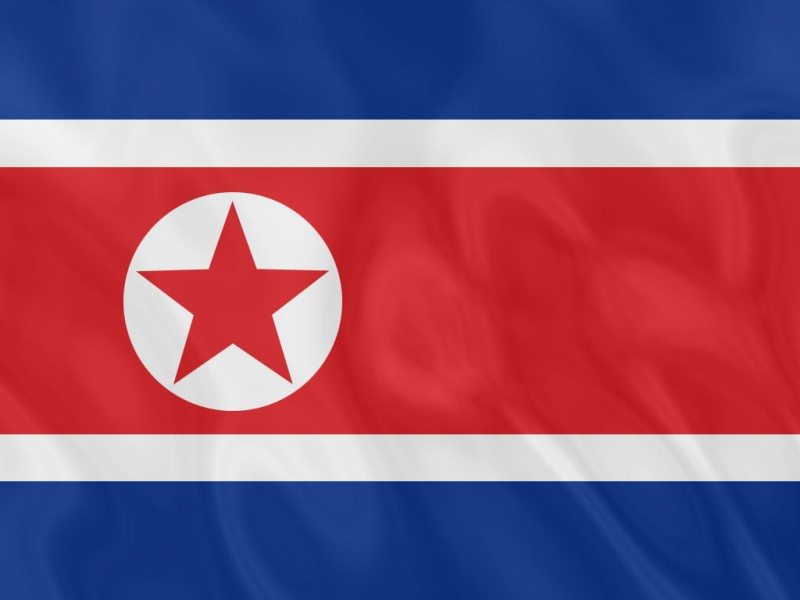A US think tank Friday disputed a study that North Korea’s nuclear program was developing beyond the world’s ability to control it and, as evidence, pointed to support by China.
At a conference last month in Seoul, two US scholars presented a report saying that North Korea appeared to be capable of producing key components of the gas centrifuges needed to enrich uranium.
Joshua Pollack, who produced the report with Massachusetts Institute of Technology nuclear scientist Scott Kemp, said that the findings showed that the longstanding global response to North Korea of export controls, sanctions and interdiction “has probably reached its limit of effectiveness.”
But the Washington-based Institute for Science and International Security said it saw flaws in the analysis and stressed that much remains murky about North Korea.
The institute said it has learned of North Korea’s recent import from China, its main ally, of restricted computer-numerically controlled machine tools, which would indicate it is not able to produce such advanced products itself.
The institute also said that pictures of a key component — a computer-numerically controlled flow forming machine — raised suspicions it was manufactured in Europe.
The institute’s David Albright and Olli Heinonen praised their fellow scholars’ efforts but said that, barring other technical evidence, their conclusions are “likely incorrect, or at least overstated.”
“The possible conclusion of the paper that export controls and sanctions are no longer effective or are unable to ever control the supply of illicit goods to North Korea may undermine, as a matter of policy, the justification for these efforts,” they wrote.
“If anything, the priority is strengthening these measures with China’s cooperation,” they wrote.
North Korea has carried out three nuclear tests, most recently in February, and South Korea’s spy agency says its enemy neighbor has restarted an aging plutonium reactor.











